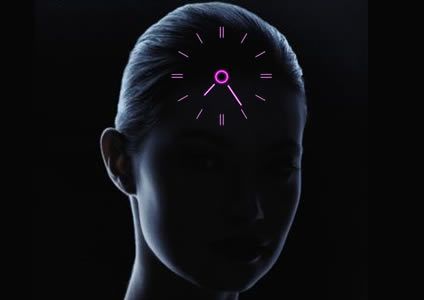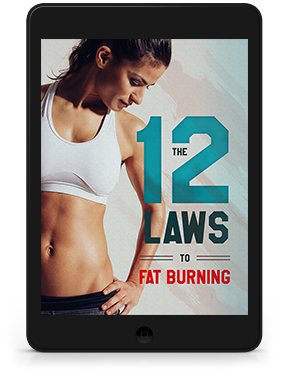
What Is My Biological Clock and Circadian Rhythm?
Our days are about to get a little bit shorter. Daylight Savings is here and it’s almost time to turn our clocks back an hour. Some people claim that Daylight Savings Time plays havoc with their internal biological clock but others are not convinced that setting clocks back an hour has that much of an impact. So, what is a biological clock and circadian rhythm? How sensitive are they really?
Circadian Biological Clock
When we use the term “biological clock” here we are not being glib and referring to a woman’s increased desire to have a baby before she gets too old. The biological clock we are talking about here never expires and is with all people – male and female, young and old – for their entire life. Our internal biological clock or circadian biological clock regulates timing for when we feel tired or awake during the day.
How It Works
A normal circadian biological clock rotates for just over 24 hours, similar to a regular clock. A circadian biological clock takes its cues from environmental factors e.g. changes in temperature, daylight and darkness. This then controls a person’s circadian rhythm. A person’s circadian rhythm will influence when they feel tired or awake. It also contributes to how an individual handles jetlag.
The circadian rhythm dips and rises at different points during the day. In general an adult’s biggest dip occurs between 2am and 4am. The rhythm will dip again between 1pm and 3pm. We’ve all felt that mid-afternoon slump at some point! If you had enough sleep the night before, the afternoon dip will be less intense than if you had a poor sleep. The circadian rhythm is also responsible for spikes in wakefulness or alertness. Again, we’ve probably all experienced a second wind when we thought we were ready for bed.
Circadian rhythms also influence a number of other biological factors such as hormone production, hunger, body temperature and mood. Obesity, depression and other mental illnesses are also influenced by a person’s circadian rhythm.
Circadian Biological Clock Shifts
Throughout their life, a person’s circadian biological clock will experience some shifts. The first will occur during adolescence. Teenagers feel more alert later at night making it difficult for them to fall asleep before 11pm. Consequently, getting enough sleep and being able to wake up early (usually for school) become big challenges. A teenager’s rhythm will dip around 3am and will last until somewhere between 7am and 10am. The next dip for teens usually arrives between 2pm and 5pm. If you struggle to get a teenager ready for school in the morning, you can blame it on something biological!
By the time we reach adulthood, a person’s circadian rhythm will have levelled off. During adult life, the majority of people will maintain the same rises and dips. Of course, some factors can temporarily impact the biological clock including illness, bouts of anxiety or insomnia.
The next circadian shift occurs in old age (60+). Older people experience their lows much earlier in the evening than younger adults. As a result, people often become earlier risers as they age than they were in their younger days. The clinical term for this is advanced sleep phase syndrome.
Does Daylight Savings Time Impact Circadian Biological Clocks?
When our physical clocks “fall back” around this time each year, our internal clocks are not heavily impacted. Circadian biological clocks will really only be affected when time “springs forward” in a few months. Most people can easily adjust within one day to clocks going back an hour. However, we shouldn’t fool ourselves in to thinking we are getting an extra hour in bed; our circadian clocks are pretty smart. As we mentioned, circadian clocks take their cues from environmental factors so your internal clock will wake your body up when it is supposed to.
How to Keep Your Internal Clock Healthy and Ticking
There are a few things people can do to keep circadian rhythms balanced:
- Stick to a regular and consistent sleep schedule.
- Make sure to get plenty of sunlight exposure in the morning – take a walk or open the blinds to let light in.
- Limit the use of artificial lights in the evening.
Feeling better about your health or fitness shouldn’t be a chore. If you ever need some extra support, come by BEFIT to speak with one of our trainers or simply fill out a Free Consultation Request by clicking the link and a fitness professional will reach out to you within 24 hours.













Leave a Reply